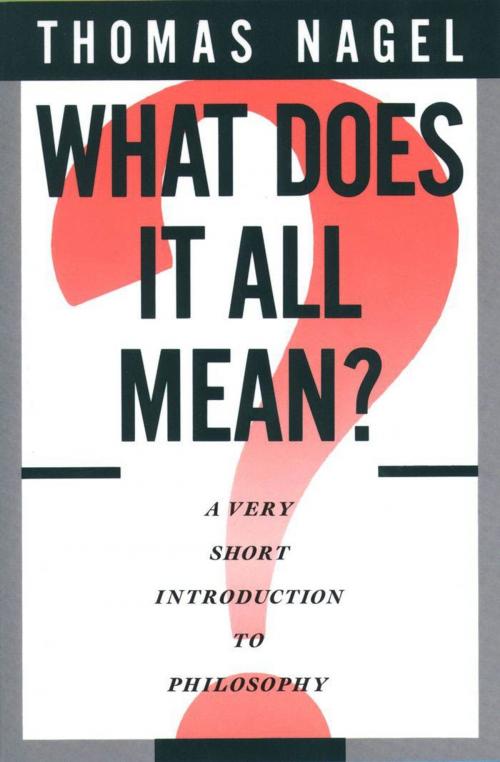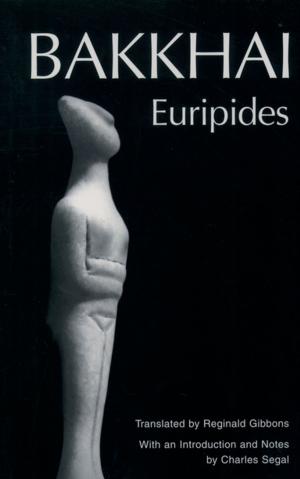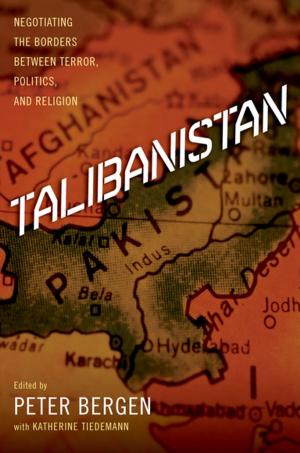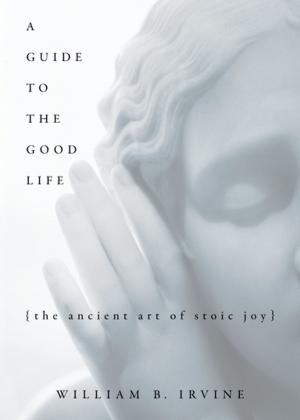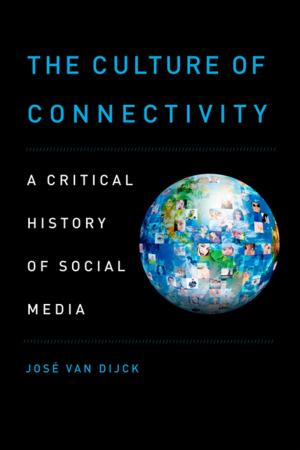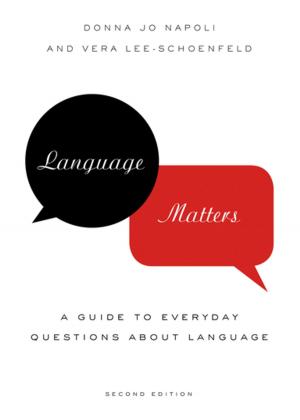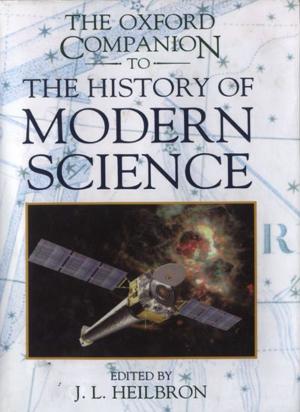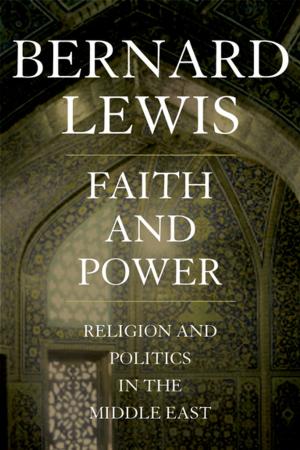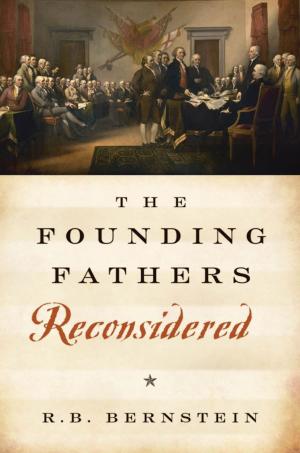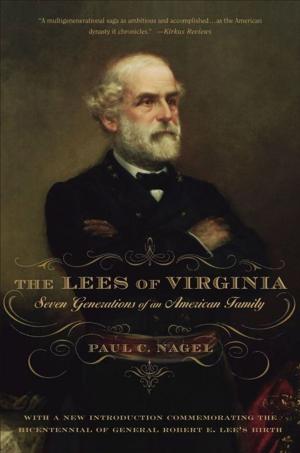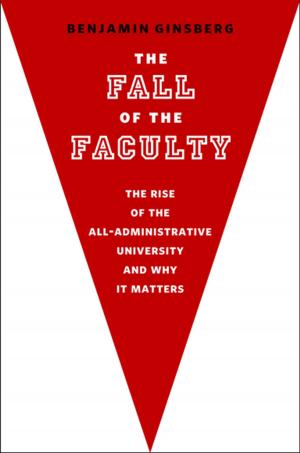What Does It All Mean? : A Very Short Introduction to Philosophy
A Very Short Introduction to Philosophy
Nonfiction, Religion & Spirituality, Philosophy| Author: | Thomas Nagel | ISBN: | 9780199878888 |
| Publisher: | Oxford University Press, USA | Publication: | October 15, 1987 |
| Imprint: | Oxford University Press, USA | Language: | English |
| Author: | Thomas Nagel |
| ISBN: | 9780199878888 |
| Publisher: | Oxford University Press, USA |
| Publication: | October 15, 1987 |
| Imprint: | Oxford University Press, USA |
| Language: | English |
Should the hard questions of philosophy matter to ordinary people? In this down-to-earth nonhistorical guide Thomas Nagel the distinguished author of Mortal Questions and The View From Nowhere brings philosophical problems to life revealing in vivid accessible prose why they have continued to fascinate and baffle thinkers across the centuries. Arguing that the best way to learn about philosophy is to tackle its problems head-on Nagel turns to some of the most important questions we can ask about ourselves. Do we really have free will? Why should we be moral? What is the relation between our minds and our brains? Is there life after death? How should we feel about death? In a universe so vast billions of light years across can anything we do with our lives really matter? And does it matter if it doesn't matter? These are perennial questions we ask about the human condition and Nagel probes them and others like them thoughtfully clearly and with humor. He states his own opinions freely but with refreshing modesty always leaving it open to readers to entertain other solutions encouraging them to think for themselves. Nagel is eminently qualified to introduce the uninitiated to the world of philosophical inquiry. Singled out by the Chicago Literary Review as "one of the sharpest analytic philosophers in America today" he has been praised in the New York Times Book Review for writing "sensitively and elegantly" and in the Times Literary Supplement for his ability rare among philosophers to combine "profundity with clarity and simplicity of expression." Never rarefied What Does It All Mean? opens our eyes to a side of the world we rarely consider demonstrating that philosophy is no empty study but an indispensable key to understanding our lives. It challenges us to think hard and clearly to ask questions to try out ideas and raise possible objections to them--in short to become philosophers ourselves.
Should the hard questions of philosophy matter to ordinary people? In this down-to-earth nonhistorical guide Thomas Nagel the distinguished author of Mortal Questions and The View From Nowhere brings philosophical problems to life revealing in vivid accessible prose why they have continued to fascinate and baffle thinkers across the centuries. Arguing that the best way to learn about philosophy is to tackle its problems head-on Nagel turns to some of the most important questions we can ask about ourselves. Do we really have free will? Why should we be moral? What is the relation between our minds and our brains? Is there life after death? How should we feel about death? In a universe so vast billions of light years across can anything we do with our lives really matter? And does it matter if it doesn't matter? These are perennial questions we ask about the human condition and Nagel probes them and others like them thoughtfully clearly and with humor. He states his own opinions freely but with refreshing modesty always leaving it open to readers to entertain other solutions encouraging them to think for themselves. Nagel is eminently qualified to introduce the uninitiated to the world of philosophical inquiry. Singled out by the Chicago Literary Review as "one of the sharpest analytic philosophers in America today" he has been praised in the New York Times Book Review for writing "sensitively and elegantly" and in the Times Literary Supplement for his ability rare among philosophers to combine "profundity with clarity and simplicity of expression." Never rarefied What Does It All Mean? opens our eyes to a side of the world we rarely consider demonstrating that philosophy is no empty study but an indispensable key to understanding our lives. It challenges us to think hard and clearly to ask questions to try out ideas and raise possible objections to them--in short to become philosophers ourselves.
